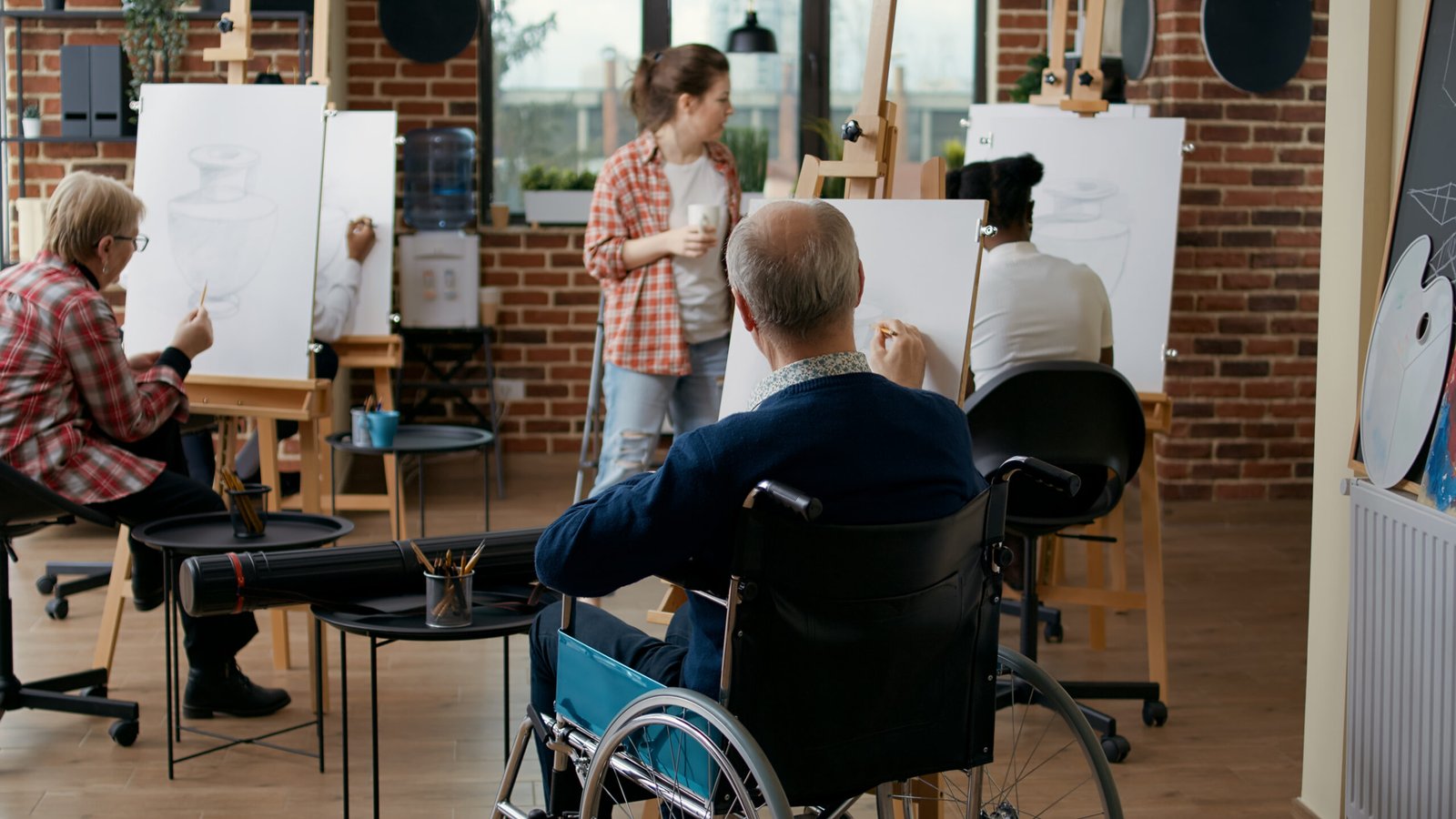

Social Skills Workshops for People with Disabilities – Build Relationships with Confidence

Interactions with other people are the core of personal and professional life. However, for people with disabilities, learning these skills can be harder. This is where social skills workshops come in, as they are more focused. Such workshops create an organized setting to help both children and adults build communication skills so that one’s personal development is enhanced and build healthy relationships.
Participants can learn and practice vital life skills in a safe environment through experiential learning, role-play, and guided interaction. Such programs are not only empowering for the individual but also encourage the individual to encompass oneself in wider society.
Why Social Skills Matter
Interpersonal abilities are the entrance window to forming bonds with other individuals. They assist a person in interpreting emotional signals, conversing with others, and feeling compassion towards other people. These are very important skills for people with disabilities; without them, such individuals may feel cut off or apprehensive. This is the reason why such workshops in particular are so effective – they offer ways of expressing oneself, managing disagreements, and creating healthy relations.
Such workshops do not provide standard solutions. In most cases, participants are provided with an individualized instructional approach, which allows for the challenges they come with, and importantly, progress in areas that require the most assistance.
Key Areas of Focus in Social Skills Workshops
- Effective Communication
Workshops assist individuals in developing both verbal and nonverbal communication skills. This encompasses the ability to read and understand, for example, body language, tonality and facial expression in order to aid the understanding of emotions. Such skills engender clarity and regard in communication. - Building Healthy Relationships
Connecting with others is a skill that requires a lot of practice to develop. The participants understand how to start and sustain friendships with people, how to work in groups, and how to create trust amongst people. These activities are built on the principles of patience, empathy and respect towards others which are critical aspects of building healthy relationships. - Managing Social Anxiety
A lot of people suffer from anxiety in social contexts. Participating in workshops helps overcome those difficulties mainly by gradual exposure to various social settings, which is a key element of many Workshops. This helps them develop courage and be able to relate well with other people. - Problem-Solving and Conflict Resolution
While conflicts are inevitable, it takes experience to seek resolution. In this regard, role play is employed to train participants in methods of resolving conflicts and therefore, manage conflicts calmly and positively.
How Arise Services Supports Social Skills Development
Arise Services – a registered NDIS provider—provides expert led workshops whose content is adjusted for the needs of people with disabilities. Arise, as a reliable service provider, aims to foster an environment where the participants will feel comfortable and encouraged to take part in the social activities available.
The inclusion of both individual and group elements in their programs allows for participants to acquire all-around skills. Participant’s NDIS objectives are met with the help of experienced facilitators who provide support geared towards the healthy development of relationships through communication and other forms of interaction.
Moreover, these workshops regularly incorporate families in order to make certain that the skills acquired are practiced back at home. Parents and guardians are allowed to attend and participate in sessions to give them additional tools to help the participants outside the workshop.
Benefits of Social Skills Workshops
- Increased Confidence: Participants learn to express themselves clearly and develop a sense of self-assurance.
- Better Emotional Regulation: Learning how to manage emotions improves both personal and social well-being.
- Expanded Social Networks: Participants make new friends and expand their social circles, reducing isolation.
- Improved Independence: With enhanced communication skills, individuals can navigate social situations with less reliance on others.
These benefits extend beyond the classroom. They enhance daily interactions, contributing to greater independence and an improved quality of life.
The Role of NDIS in Social Skills Development
Funding from the NDIS allows a range of social skills workshops which meet the personal developmental objectives of participants. In collaboration with Arise Services – a registered NDIS provider, the participants are supported in a way that meets their individual needs. In this case, the NDIS has great benefits in that members can choose programs that interest them and fit their long term goals.
By participating in these workshops, individuals are not only enhancing their personal lives but also contributing to inclusive communities that embrace diversity.
Conclusion
Workshops geared towards the improvement of social skills are mostly beneficial to people with disabilities who would like to improve their ability to communicate and form interpersonal relationships. Programs offered by reputable providers such as Arise Services registered NDIS provider help participants learn how to manage social interactions effectively. Such workshops are not only about skills acquisition – they create avenues for self-sufficiency, social engagement and inclusion.
Workshops of this nature are beneficial for individuals and families who seek to enhance their social skills as they provide an avenue of change for a better tomorrow.


